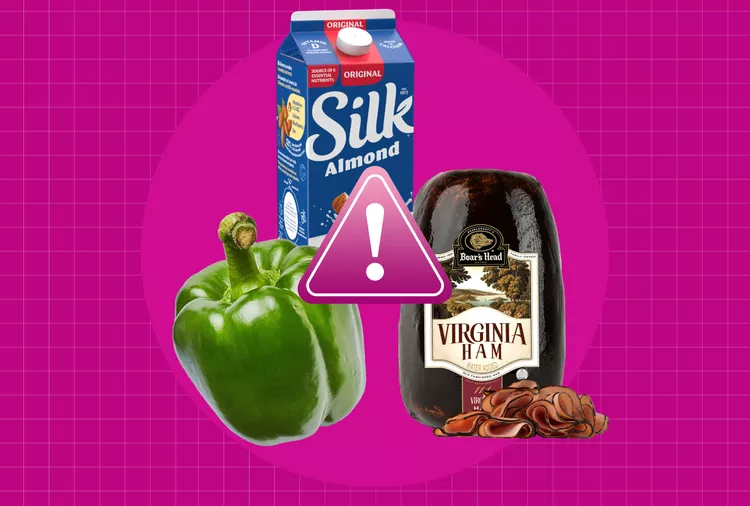Anger Management Classes: Ange6 Amazing Benefits and Uses of Carom Seeds(Ajwain)r is a natural emotion that everyone encounters now and then. While feeling anger in response to certain situations is often justified, experiencing chronic and uncontrolled anger can have serious impacts on your mental and physical health.
Over time, unmanaged anger can damage your relationships, affect your career, and lead to a decline in your overall well-being. If you’re constantly struggling with anger, or feel it’s beginning to control your life, seeking therapy can be a valuable step toward understanding and managing these feelings. Additionally, if you’re dealing with someone in your life who frequently exhibits anger, learning effective ways to support them—and yourself—can make a significant difference in managing these challenging emotions.
Contents
When and how therapy can help with anger
Anger often arises from unresolved issues, past trauma, or even as a symptom of conditions like depression. It may also be associated with various mental health disorders, including:
- Antisocial Personality Disorder
- Anxiety
- ADHD
- Bipolar Disorder
- Depression
- Dissociative Disorders from trauma
- Intermittent Explosive Disorder
- Oppositional Defiant Disorder
- PTSD
- Sleep Disorders
Therapeutic treatment can improve your quality of life and relationships. A mental health professional might suggest specific therapies or, in some cases, medication for anger management. Below are effective therapies often recommended to help treat chronic anger.
Effective Therapy Approaches for Anger Management
- Cognitive Behavioral Therapy (CBT): CBT is widely used to help you recognize anger triggers and your responses to them. It helps you reframe negative thought patterns and respond differently to anger. CBT is especially effective if anger stems from emotional trauma.
- Psychodynamic Therapy: This method uses self-reflection to uncover unconscious motivations behind anger, providing ways to express it constructively without harming others.
- Group Therapy: Chronic anger may impact self-esteem, leaving individuals feeling isolated. In group therapy, participants share their experiences and coping strategies in a supportive environment. Some group therapies are also family-based for those affected by a loved one’s anger.
- Play Therapy: For young children, play therapy is an effective way to explore feelings through creative expression. Techniques like puppetry, art, and music help children develop healthy coping mechanisms and improve self-esteem.

Anger Therapy for Children and Teens
If a child frequently exhibits anger outbursts, a pediatric evaluation may be advisable. For young children, Parent Management Techniques (PMT) focus on positive reinforcement to encourage good behavior over punishment.
Therapy offers a structured, supportive approach to anger management, whether for oneself or to support a loved one in finding healthier emotional balance.
What therapist is best for anger?
Finding a qualified therapist with the right experience is essential to designing a treatment program tailored to your needs. Here are some types of professionals who can assist:
- Psychotherapist: These talk therapists are skilled in addressing the root causes of anger and help set and achieve healthier behavior goals.
- Psychiatrist: As medical doctors, psychiatrists not only offer therapy but can also prescribe medications if necessary for mental health treatment.
- Play Therapist: Young children often respond well to play therapy, a creative approach to psychotherapy tailored for their age group.
- School Counselor: For children, teens, and college students, school counselors provide initial guidance and help with school-related stressors that may trigger anger.
Steps to Find Help
- Ask Friends and Family: Trusted recommendations from people you know can be a great way to start. They may also assist with arranging consultations.
- Speak with a Healthcare Provider: Your family doctor or pediatrician may have therapist recommendations suited to your needs.
- Consult Your Child’s School Counselor: They can often recommend local mental health resources.
- Search Online: The American Psychological Association offers a tool for finding licensed psychologists in your area.
- Check with Your Insurance Provider: Ensure any therapist recommendations are compatible with your insurance plan or discuss payment options with the therapist directly.
Key Takeaways
Be patient with the process. It may take time to find a therapist you connect with, and even more time to see meaningful progress. However, your efforts in finding the right support can greatly enhance your overall well-being.








